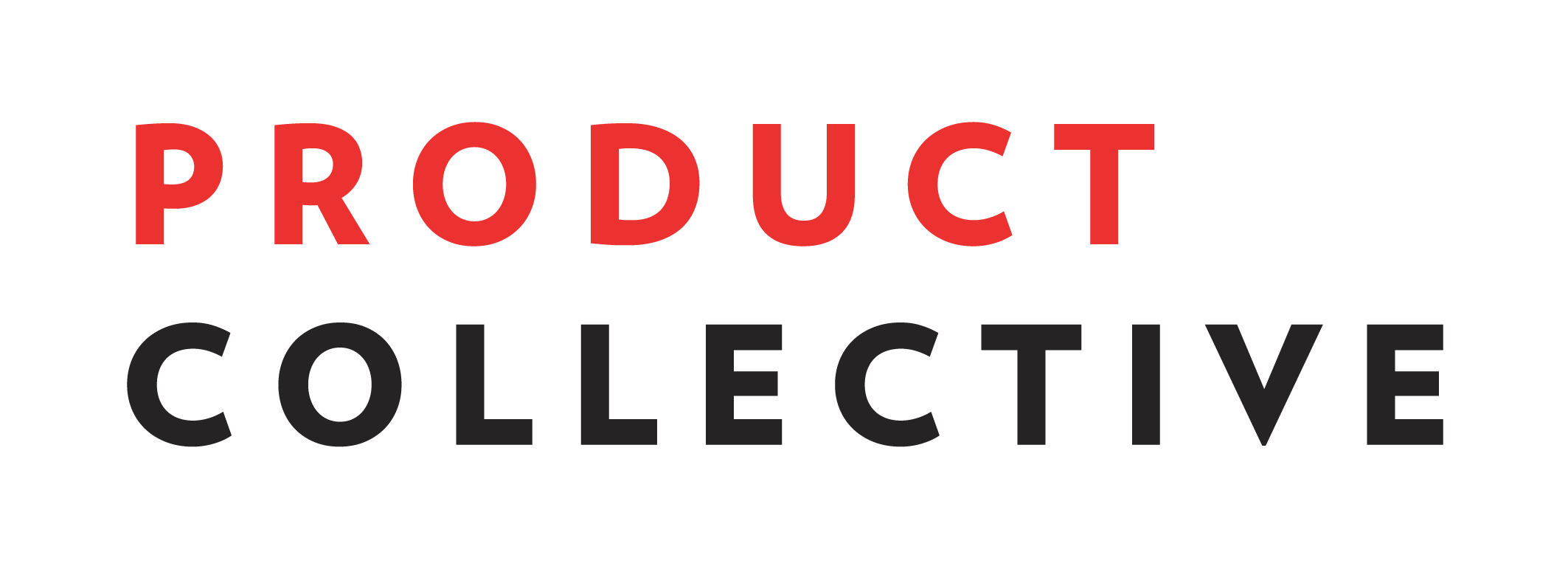The following insights were gleaned from a presentation at INDUSTRY given by Nick Reddit, formerly of Reddit (now at Looker) @NickCald. Download Product Management TACTICS eBook for more.
Product teams — especially ones that are growing rapidly — go through so much. It’s not uncommon to see a product team go from survival mode to optimization, deal with changes in roles and responsibilities, work through massive team growth, see issues with communication and coordination, handling reorganizations, managing ambitions and all sorts of other issues. And, of course, be expected to thrive instead of simply survive.
From the Startup Genome Report, 92% of startups fail within three years. Of those, 43% fail due to issues with scale. So how can a product team avoid becoming part of the statistic?
First, it’s important that everybody truly understands roles and responsibilities. Consider using the RACI matrix (Responsible, Accountable, Consulted, Informed) with a “trust but verify” approach. Allow team members to do what they have to do, but make sure you verify that they’re actually doing it. Most people want autonomy, and it is important to trust team members enough to operate with autonomy. But it is still the responsibility of the product leader to make sure that people are doing what they say they are doing.
Early on, it’s common for program/product/engineering to take on similar duties. As you scale, this will need to be split. Product considers the “why”, and engineering oversees the “when.” If you have “tech leads” and are implementing structure, ask if they care more about people or architecture? This will inform their path (i.e., manager or architect).
As you scale your team, be sure to do so appropriately. More people doesn’t equal more productivity. Coordination costs can outweigh hiring benefits. Reorganization and process will be required, and that affects the team quite a bit.
Another thing to manage is the fact that everyone wants to know what everyone else is doing. As teams are created and grow, coordination loss makes a negative impact. Missing dependencies can cripple your production roadmap. If you’re in a situation where you need to roll out improvements and process, avoid process junkies and boilerplate solutions. Create something that works for your team. Allow processes to emerge from the bottom up instead of trying to push processes down on everybody unnecessarily. Over time, these processes will become part of your culture.


